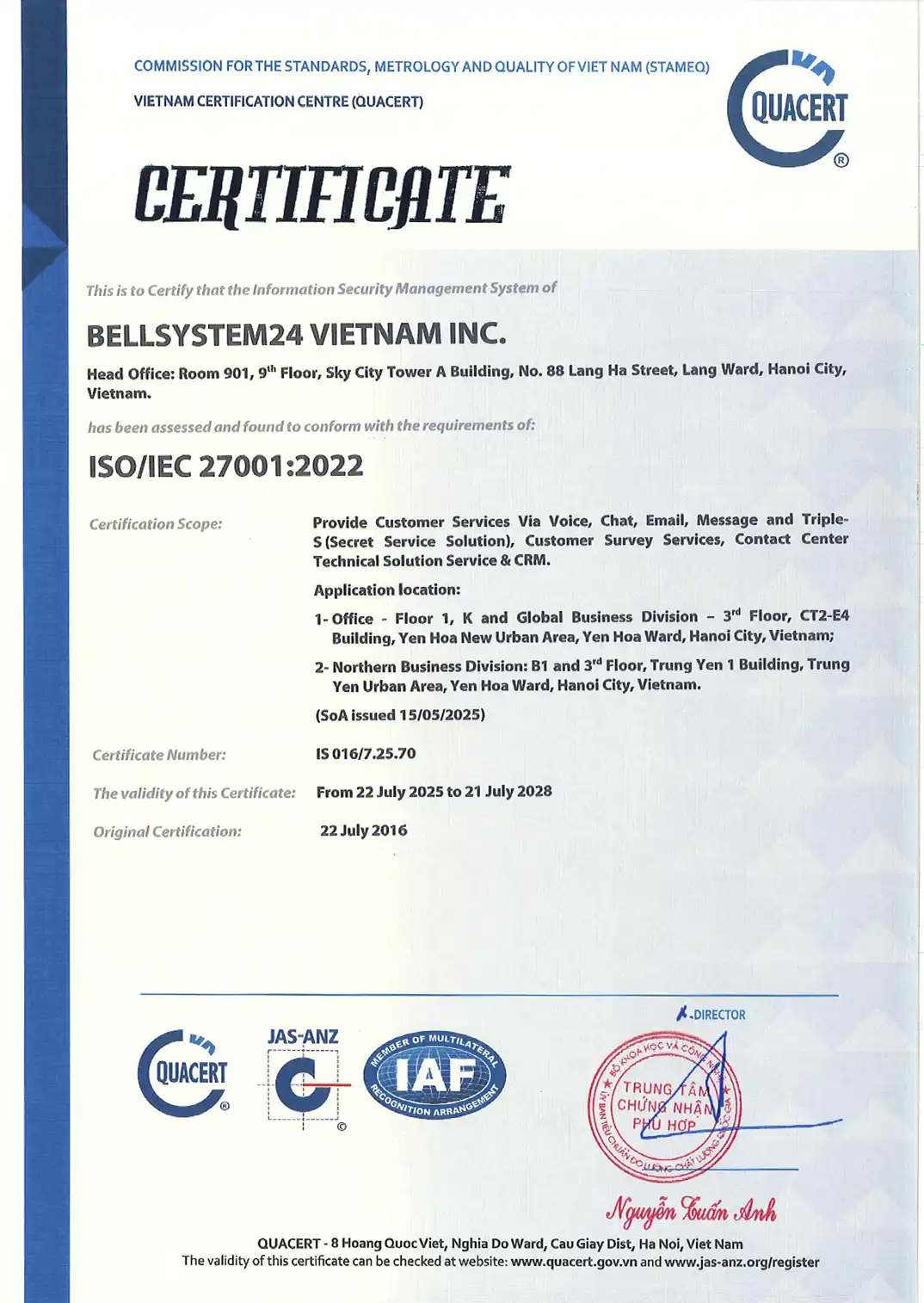Surely all of us have heard the saying “Words don’t cost anything, choose your words wisely to please each other”. In daily communication, we always need words, and use them as a thread to connect people with each other.
There are many people who have succeeded because they know how to use language effectively, but there are also people who have missed their opportunities because they did not use language well. It is so important, but how to use language skillfully and flexibly in conversation? Especially with your relatives, colleagues and customers?

Causes of ineffective use of language.
What are the causes of ineffective use of language in communication?
Let's take a look at the following common causes:
Small vocabulary.
The Vietnamese dictionary is very rich and diverse, many words can express the same meaning, conversely, one word can also have many different meanings. Having a small vocabulary will lead to "lost words", expressing the wrong idea, or the content is not rich and not attractive.
For example, to express a sentence meaning “father”, you can also use words like “dad, teacher, dad, ba,…”
To overcome this cause, you can practice by reading more books, newspapers, or communicating more.
Not knowing how to flexibly organize sentences.
In other words, you have added or removed inappropriate elements in the sentence. This will result in the listener misunderstanding or not understanding the full meaning.
For example: In class, the teacher said “Close the door for me”, this sentence is missing a subject and a place. At this time, students will not understand who the teacher wants to help close the door. This sentence can be revised as follows: “Ngoc, please close the door for me”.
Or for example, in a call center, the operator tells the customer “Hold on, let me check”, this sentence lacks a subject and honorifics, which makes the customer think that he is giving them an order. This sentence can be revised as follows: “Please hold on, let me check your information”.
So to overcome this situation, you need to consider before speaking, making sure the sentence has all the components in the sentence, not too much, not too little.
Using language that is not appropriate to the communication context.
Each communication context has different characteristics, and there are rules and limits that must be followed.
In case the context is a customer service call center, what are the contextual principles to follow?

4 principles of language use in customer service.
Have 4 Principles of language use, including: Concise, specific, positive, common
Principle of concise language.
Need to express directly, avoid long-windedness, focus on main ideas, do not use redundant language, do not repeat words or ideas.
Words to avoid: That, then, is, but, that is, means, for example,..
Specific language principles.
To use the specific language principle, you need to provide customers with accurate information about time, data, people and apply the 5W1H principle.
- The 5Ws here are: Where, Why, Who, What, When
- 1H is: How.
Use clear words, avoid “general” or ambiguous words that can have multiple meanings.
Words to avoid: About, maybe, perhaps, actually, maybe, problem, etc.
For example: I will contact you soon. With this sentence, “soon” is not specific, making the customer not know exactly when.
Or:Maybe next week the company will launch the program. At this time, customers will not know exactly whether the program will take place or not.
Positive language.
- Focus on words that have the potential to create positive emotions, for example: Will, right away. You can tell the customer: I'll help you right away!.
- Use affirmative, action-oriented language.
- Avoid bad language in bad situations.
For example: Customers call the hotline to complain – You can replace the word complaint with other words such as: Your situation, or Your problem, etc. Avoid using “Your complaint”.
Common language principles.
- Do not use local words
- Do not use technical terms (Except in cases specific to the profession)
- Do not mix Vietnamese and foreign languages. For example: Instead of saying “Please hold the phone, let me check the information”, you should say “Please hold the phone, let me check the information” which is more appropriate in this context.
- Do not use slang.
The words used in customer service often have positive meanings and play an extremely important role in telephone communication. Therefore, you need to try to improve your knowledge to know how to use the words appropriately and arrange them in your mind flexibly, so that communication with customers will become more effective and simpler.
See more useful articles: Positive language in customer service







